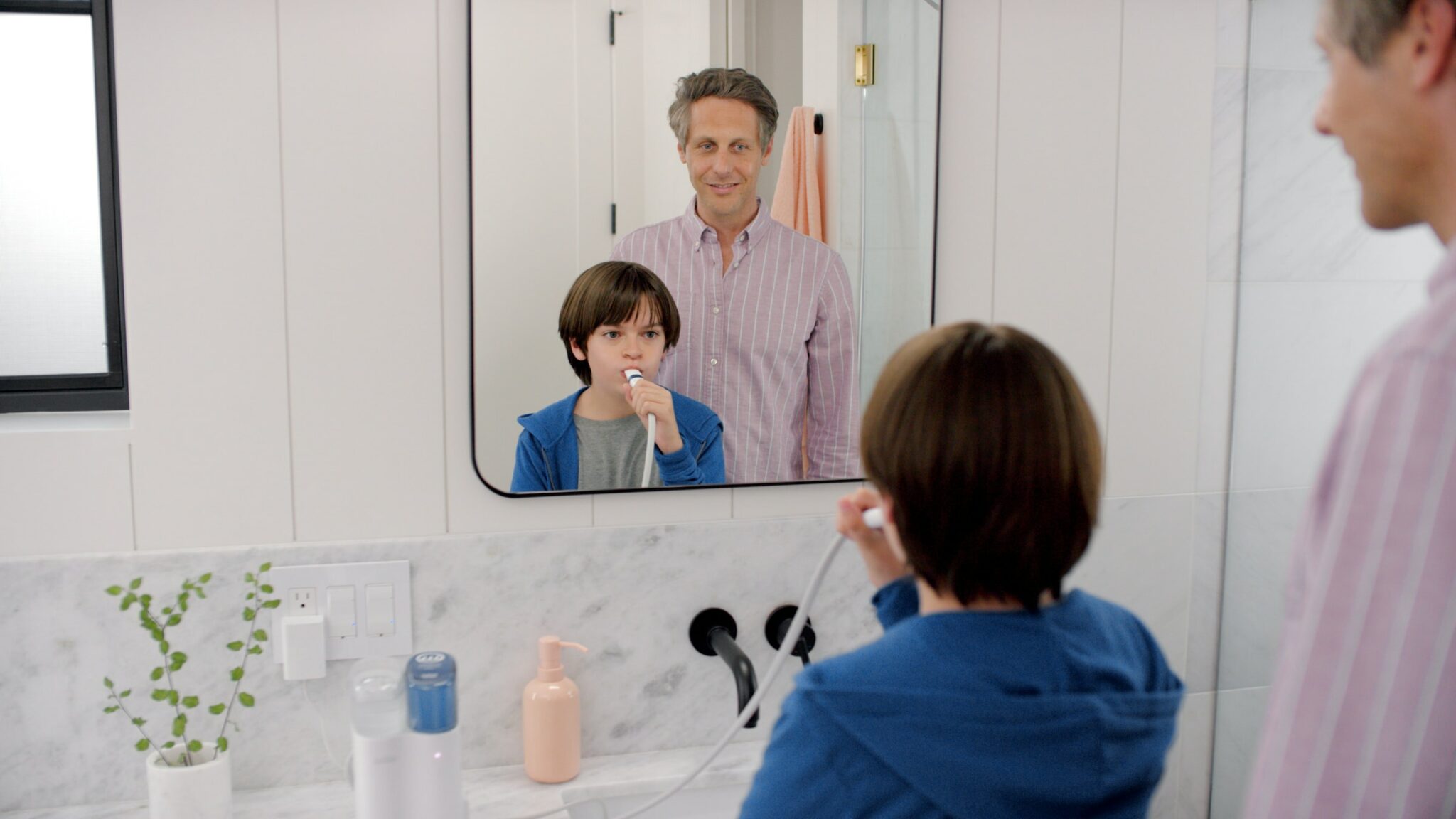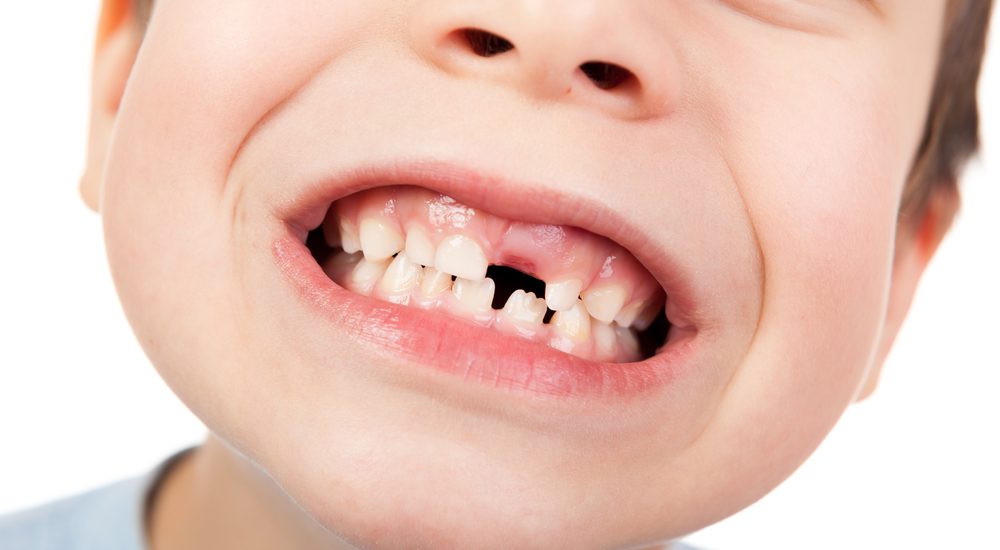There are few things cuter than that gap-toothed grin when your child has started to lose his first few teeth. But if this is your oldest or your only child, you likely have lots of questions about baby tooth loss. Among the most pressing: when can you expect it to start? Will your child’s kindergarten photo capture that endearing transition?
Dr. Matt knows that being a parent can be overwhelming. That’s why all of us at Smiles Dentistry for Kids are committed to helping you in your job as a mom or dad. When you visit our office in Overland Park, KS, you can always ask questions. And we promise to give you the best advice for your little one’s dental health.
For questions or to schedule an appointment, contact Smiles Dentistry for Kids today.
Why do we have two sets of teeth anyway?
Baby teeth are obviously smaller than permanent teeth. If adult teeth came in first, there wouldn’t be enough room since children’s jaws are still growing. Baby teeth allow children to eat and speak properly, and they ensure proper jaw development. At the same time, they save space for those larger adult teeth, which are still developing under the gums.
When do kids start losing their baby teeth?
Children typically start losing their teeth when they are 5 or 6. But some kids could start around age 4, while others may not get a visit from the tooth fairy until they are closer to 7.
Kids will continue to lose teeth until all their permanent teeth have come in, which is usually between ages 10 and 12.
Which teeth will come out first?
Baby teeth usually fall out in about the same order that they came in. So the two bottom front teeth, or lower central incisors, are usually the first to go. The two top front teeth are next. The lateral incisors come third, followed by the first molars, canines, and, finally, second molars.
How long will it take for a new tooth to come in?
This really varies from child to child. Sometimes, the new tooth will appear quickly. Other times, it could take up to six months for the permanent tooth to fill in the gap.
Some kids actually get their permanent teeth before they lose their baby teeth. This phenomenon is known as “shark teeth.” Although it might be disconcerting to see two teeth back-to-back, it’s usually not anything to worry about. However, if your child’s baby teeth haven’t started to loosen a few weeks after the second set of teeth have erupted, be sure to give our office a call. Dr. Matt may need to remove the baby teeth so the new permanent teeth don’t become crowded.
What happens if a child loses a baby tooth prematurely?
Premature baby tooth loss may affect up to 40% of children. When baby teeth come out too soon, it can cause orthodontic problems with the adult teeth. In these cases, Dr. Matt will likely suggest a spacer to help maintain proper dental alignment.
Learn More from Your Pediatric Dentist
To learn more about tooth loss or other pediatric dental concerns, contact our Overland Park, KS, office today. Reach us online or give us a call at (913) 685-9990.









